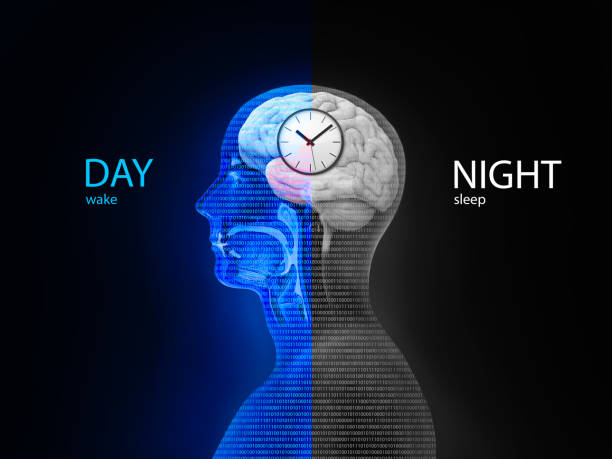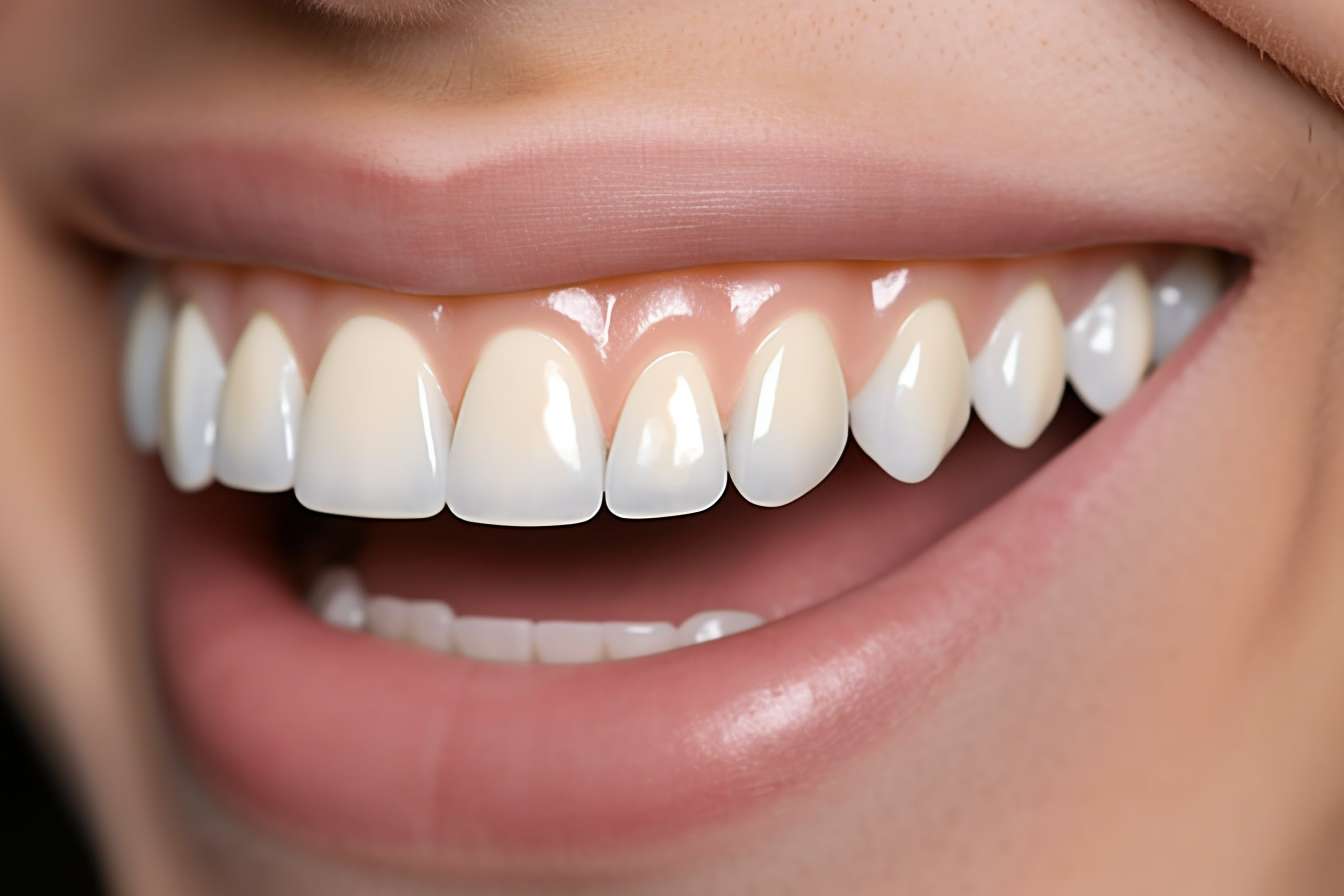Resetting Your Circadian Rhythm: The Key to Optimal Health
Ever wondered why you feel drowsy around the same time each night? It's not a coincidence, but the work of an internal biological clock known as the circadian rhythm. But what if this rhythm is out of sync? Let's explore how resetting your circadian rhythm can boost your overall health and wellness.

Unraveling the Circadian Rhythm
The term “circadian rhythm” refers to the physical, mental, and behavioral changes that occur in a 24-hour cycle. These rhythms are driven by our body’s biological clock and are influenced by environmental cues, most notably light and darkness. Disruption to this rhythm, such as through shift work or jet lag, can have significant impacts on our health.
Impact of Circadian Rhythm on Health
Research has linked disruption of the circadian rhythm to several health issues like sleep disorders, obesity, diabetes, depression, bipolar disorder, and seasonal affective disorder. It can also lead to impaired cognitive function and memory loss. Ensuring that our circadian rhythm is in sync is therefore crucial for optimal health.
Techniques to Reset Your Circadian Rhythm
To balance your circadian rhythm, you can adopt several strategies:
- Regular sleep-wake cycles: Maintain the same sleeping and waking time every day, even on weekends.
- Light exposure: Spend time outdoors during the day and limit exposure to artificial light, especially in the evening.
- Regular mealtimes: Eating at the same times every day can also help regulate your circadian rhythm.
- Exercise: Regular physical activity can help reset your biological clock, especially when done in the morning.
The Science Behind Circadian Rhythm Reset
Our bodies associate light with being awake and darkness with sleeping. By regulating exposure to light and darkness, we can influence our internal clock. Regular mealtimes and exercise send signals to our body that it’s time to be awake, helping to keep our circadian rhythm in sync.
Quick Wellness Insights
- Stress and anxiety can disrupt your circadian rhythm. Implement relaxation techniques like meditation or yoga to help maintain balance.
- Avoid caffeine and alcohol close to bedtime as they can interfere with your sleep cycle.
- Even small changes to your routine can have a big impact. Start by adjusting your bedtime by 15 minutes each week until you reach your desired schedule.
Conclusion
Your circadian rhythm plays a crucial role in maintaining your health and wellness. By understanding the importance of this internal clock and implementing strategies to keep it in sync, you can significantly enhance your overall well-being. Remember, consistency is key when it comes to resetting your circadian rhythm. Start small, make gradual changes, and listen to your body along the way.





